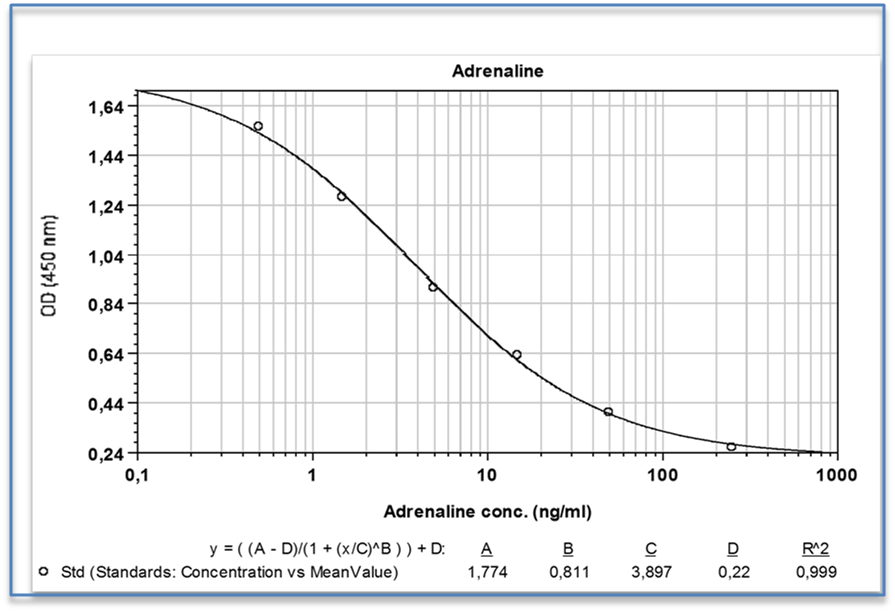Adrenaline, noradrenaline, and dopamine are catecholamines—aromatic amines that function as critical hormones and neurotransmitters in the human body. Synthesized in a sequential pathway from the amino acid tyrosine, dopamine serves as a precursor to noradrenaline, which in turn gives rise to adrenaline. These molecules regulate key physiological processes: adrenaline primarily influences cardiac activity and metabolism during acute stress responses, while noradrenaline governs peripheral circulation and long-term stress adaptation. Dopamine plays a central role in motor control, motivation, and neuroendocrine signaling. Together, these catecholamines are essential to the body’s ability to respond to both physical and emotional stressors.
In clinical and research settings, measuring catecholamine levels in plasma and urine provides important diagnostic insights. Elevated or dysregulated concentrations are associated with various conditions, including tumors of the chromaffin system (such as pheochromocytoma, neuroblastoma, and ganglioneuroma), as well as hypertension, heart disease, schizophrenia, and bipolar disorder. In pediatric diagnostics, dopamine and its metabolites are particularly valuable for detecting neuroblastomas. Tracking catecholamine levels allows clinicians to assess autonomic nervous system activity, stress responses, and detect pathological hormone overproduction.
The CAT ELISA kit provides a sensitive and specific method for quantifying adrenaline, noradrenaline, and dopamine in biological samples. Catecholamines are extracted, derivatized into N-acylated forms, and enzymatically converted into stable analytes for detection. The assay uses a competitive binding format, where sample-derived and plate-bound catecholamines compete for antibody binding. Detection is achieved via a peroxidase-TMB colorimetric reaction, with absorbance measured at 450 nm. This inverse signal-concentration relationship ensures accurate quantification, supporting research into neurochemical regulation and aiding clinical diagnosis of catecholamine-related disorders.
This product is manufactured in Germany by DLD Diagnostika.


